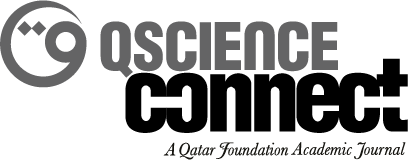-
oa Genetic diversity and relatedness in Arabian oryx (Oryx leucoryx) revealed by SSR markers
- Source: QScience Connect, Volume 2019, Issue 1, Nov 2019,
-
- 27 March 2019
- 15 July 2019
- 28 August 2019
Abstract
Information on genetic relatedness can be used to control the rate of inbreeding by applying the sib-avoidance mating strategy. Estimation of genetic relatedness based on molecular markers is a potential technique to infer the degree of genetic relationships among individuals identified as parent–offspring, full-sib, half-sib, and unrelated pairs. The objectives of the study were to assess the genetic variation, the population structure, and the level of inbreeding and relatedness in seven different collections of Oryx leucoryx based on the analysis of 13 polymorphic microsatellite loci, in order to provide information about the impact of captive breeding management. The analysis revealed that the mean number of alleles per locus, the polymorphic information content, and the observed and expected heterozygosity across the loci were 6.46 ± 0.95, 0.523 ± 0.028, 0.391 ± 0.032, and 0.583 ± 0.031, respectively. The inbreeding coefficient was found to be significant in five of the seven collections. The structure analysis identified two groups among the 96 individuals. The pairwise relatedness (rXYW) in the combined sample followed the distributions expected under the unrelated category. A low level of heterozygosity and a high level of inbreeding and relatedness were found in the samples of O. leucoryx collected from Qatar. As individual animals can be identified by tags, this relatedness information can be used to control the rate of inbreeding by avoiding mating between close relatives.


